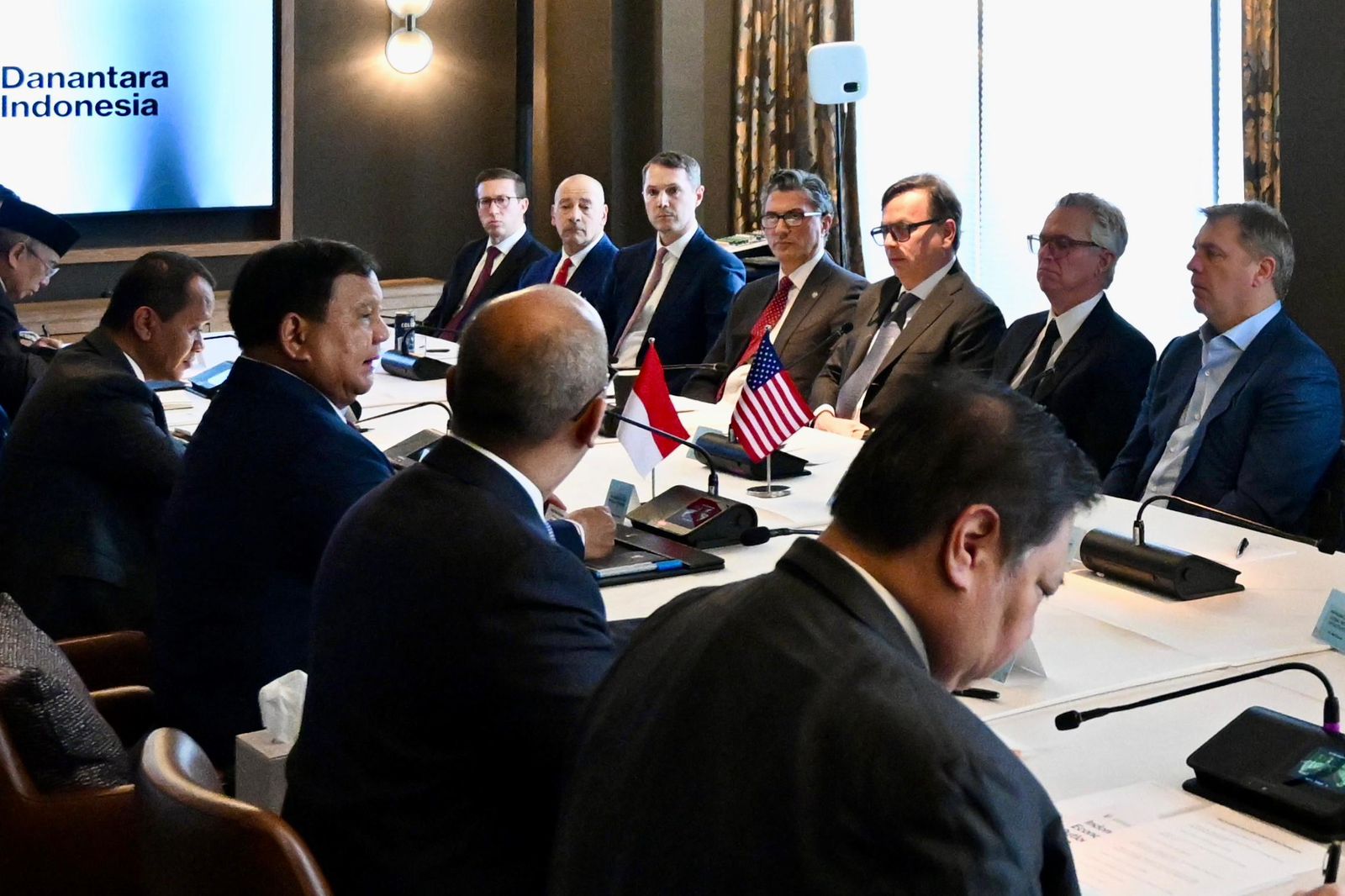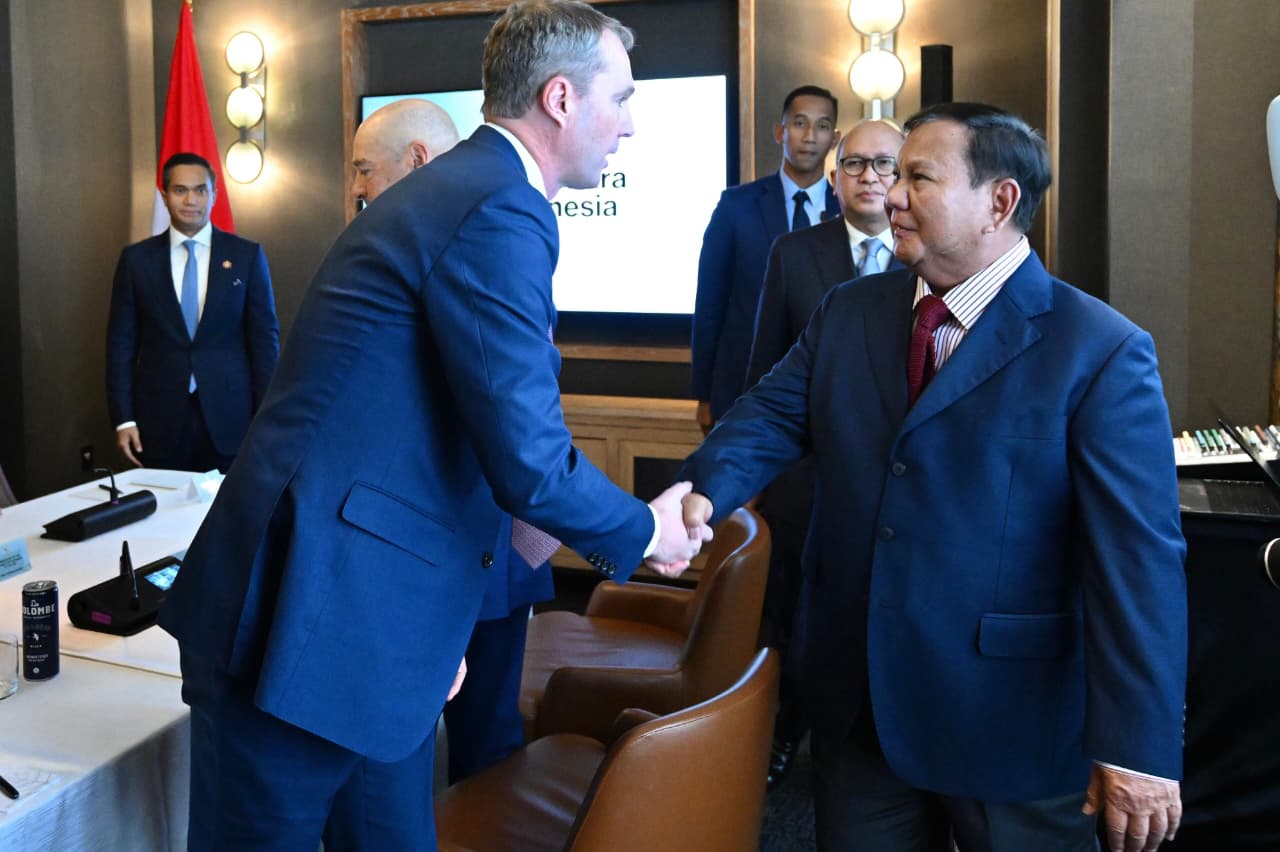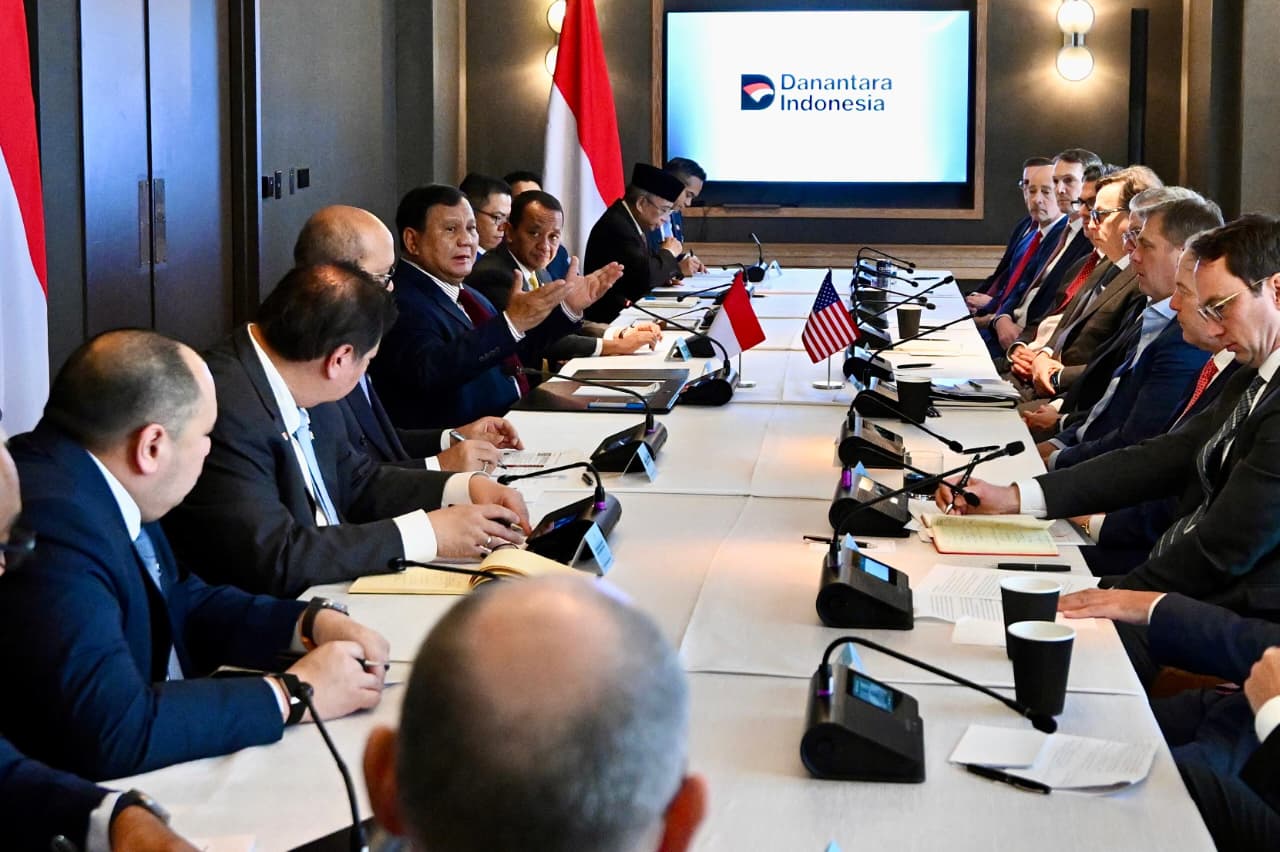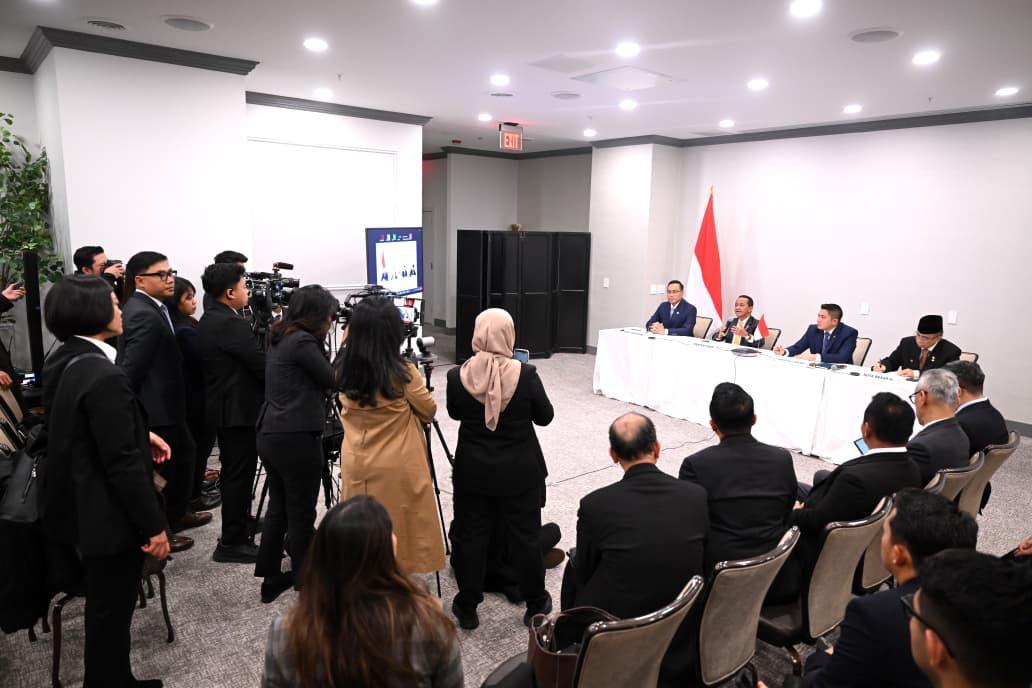Gov’t to Carry Out De-bureaucratization in Three Phases Carried Out: Minister Says
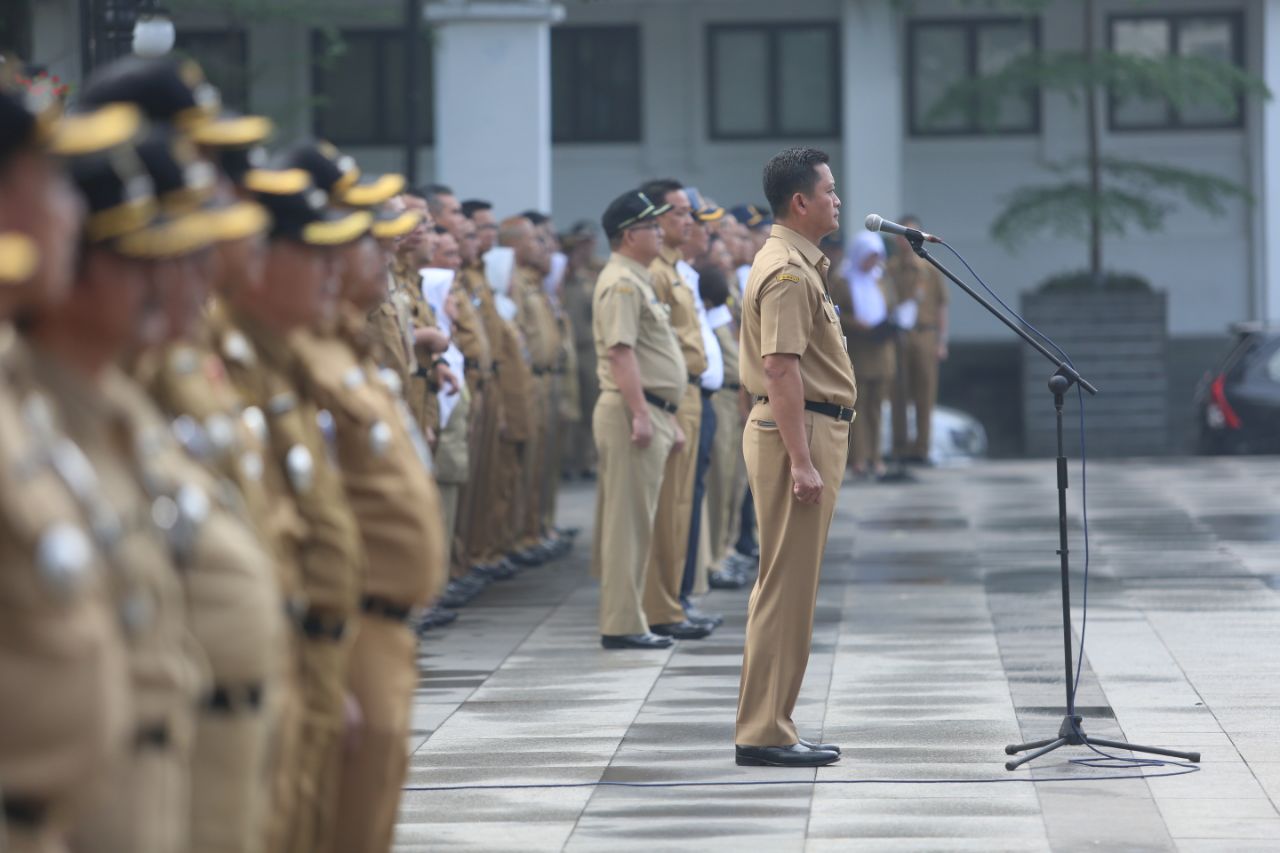 De-bureaucratization will be divided into three phases, namely short term phase, medium term phase and long term phase, Minister of State Apparatus Empowerment and Bureaucratic Reforms Tjahjo Kumolo has said.
De-bureaucratization will be divided into three phases, namely short term phase, medium term phase and long term phase, Minister of State Apparatus Empowerment and Bureaucratic Reforms Tjahjo Kumolo has said.
“The short term one includes issuing Circular of Ministry of State Apparatus Empowerment and Bureaucratic Reforms, identification and study on Government ministries/agencies, formation (position) mapping, and policy formulation,” Tjahjo said in Jakarta, Thursday (26/12).
In the meantime, the medium term one, he added, includes harmonizing policies on functional position (JF) for JF performance assessment, adjusting JF policies and the State Administrative Agency (LAN) curricula for leadership training, and implementing the appointment/transfer of administrative positions to functional positions at ministries/agencies.
As for the long-term one, Tjahjo added, it will be carried out with the application of the Smart Office Bureaucracy through the e-Government nationally as well as monitoring and evaluating the implementation.
Tjahjo added that his Ministry would also ask for inputs from the National Civil Service Agency (BKN), the LAN, the State Civil Apparatus Commission (KASN), and the bureaucratic reform team to finalize the formulation of de-bureaucratization policies. The Ministry will also invite Provincial Regional Secretaries and Municipality/Regency Regional Secretaries to discuss the simplification of bureaucracy at regional institutions, he added
For the record, the Minister has issued Circular Number 384, 390, and 391 of 2019 on Strategic and Concrete Bureaucratic Simplification Steps addressed to members of the Indonesia Onward Cabinet, governors, mayors and regents and all central government and regional government agencies.
In the meantime, Head of BKN Bima Haria Wibisana said civil servants throughout Indonesia consist of 11 percent structural officials, 52 percent functional officials and 37 percent clerical.
“Simplifying bureaucracy requires a dynamic bureaucracy, agile organization designs, focus on functional work, acceleration of work systems, optimal performance and professionalism of civil servants,” Bima said, adding that the perspective refers to laws of the State Civil Apparatus and Government Regulation Number 11 of 2017. (EN/Humas BKN/ES)
Translated by: Galuh Wicaksono
Reviewed by: Muhammad Ersan Pamungkas





